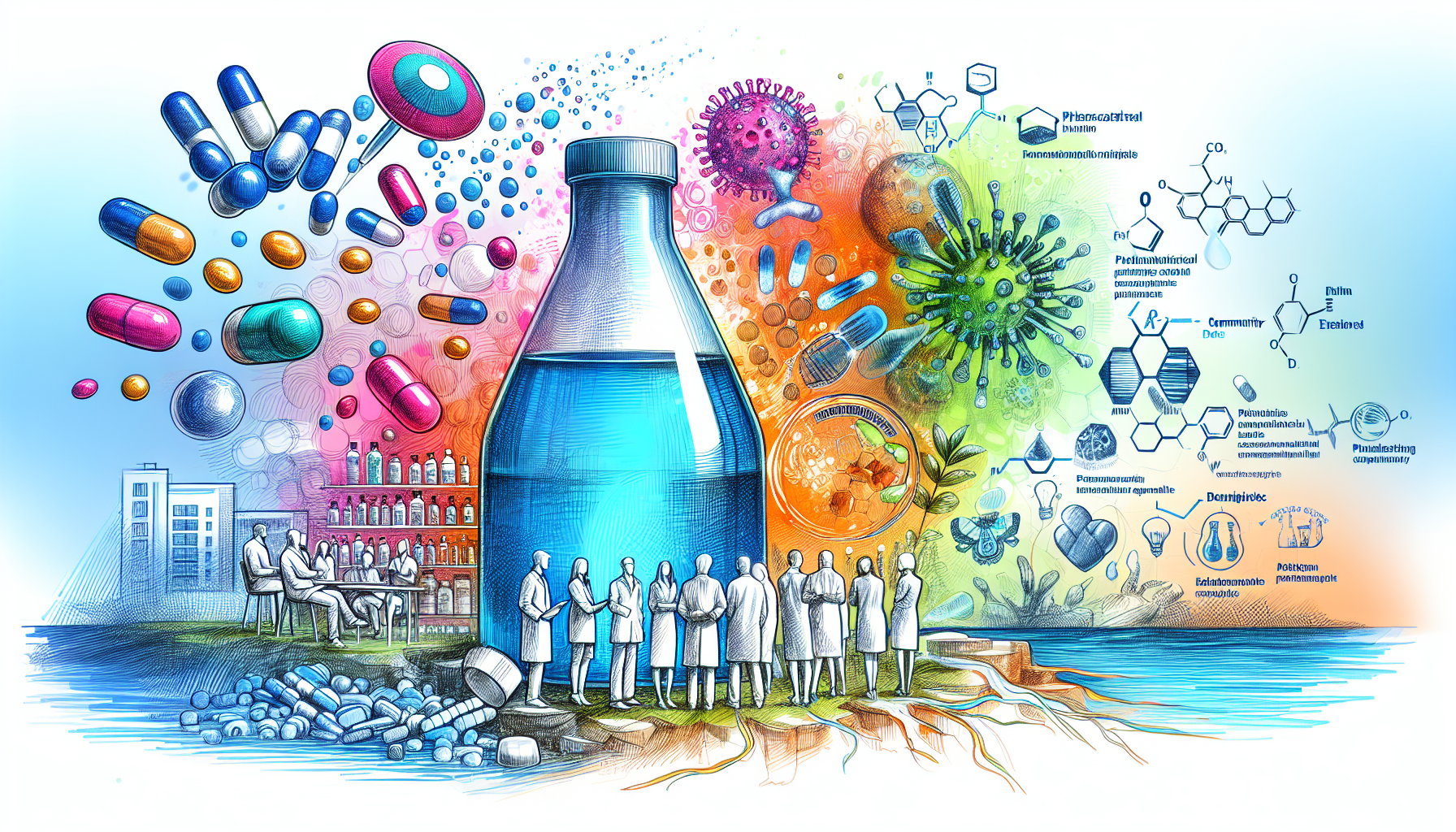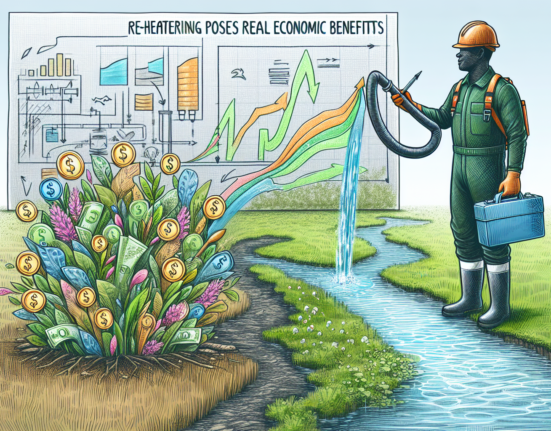As part of the APRIORA project funded by the EU, researchers are analyzing drug residues. The University of Rostock scientists are collecting water samples in various weather conditions with the goal of implementing innovative methods to enhance wastewater treatment in Europe.
On this chilly morning, the Warnow appears to defy gravity as the strong gusts of wind push its surface uphill. This particular stretch of the river is located within a nature reserve, where the reeds along its banks provide a habitat for valuable fauna and nesting grounds for birds. Even in the winter, the meadows are a vibrant green color. Not only does the river support a variety of wildlife, it also serves as a vital drinking water reservoir for the city of Rostock.
Prof. Jens Tränckner and his research assistant Alena Seidenfaden, from the University of Rostock, are preparing to collect water samples from the Warnow River near the Olympic rowing centre south of Rostock. Their work is part of the EU-funded APRIORA project, which focuses on analyzing water for drug residues. In Germany, 35,000 tonnes of medicines are consumed annually, leading to the presence of pharmaceutical residues in wastewater. Unfortunately, not all wastewater treatment plants are equipped to filter out these residues, resulting in the presence of active pharmaceutical ingredients in drinking water.
The APRIORA project aims to analyze the distribution of active substances in water by combining measurements and modeling. Through a detailed risk assessment, the project considers the effects on the aquatic environment, human use, and antibiotic resistance, allowing for the estimation of each wastewater treatment plant’s contribution to water pollution.
Using the APRIORA tool in the Baltic Sea region is expected to bring environmental and health advantages, as it allows authorities to take focused measures to reduce risks. Regular exchanges and training between scientific partners and authorities ensure effective cooperation.
APRIORA aims to enhance wastewater treatment in Europe and potentially expand its approach to other substances. By fostering interregional cooperation, the project not only generates practical solutions but also fosters European integration on scientific and social fronts. Ultimately, APRIORA demonstrates that cross-border collaboration and an interdisciplinary approach can play a key role in addressing environmental challenges.
For videos and images, visit Presseportal.
About the project:
The „EU4regions” project aims to create and distribute high-quality multimedia and journalistic content that focuses on cohesion policy objectives for the 2021-2027 funding period. Over the course of 12 months, the project will highlight Interreg projects from western and eastern Germany and neighbouring countries/regions, including Poland, the Czech Republic, Austria, Switzerland, France, the Netherlands, and Denmark. The main thematic focus is on sustainability, encompassing climate, economic, and social aspects, to demonstrate the impact of EU cohesion policy on regions and people.
Źródło informacji: pap-mediaroom.pl






